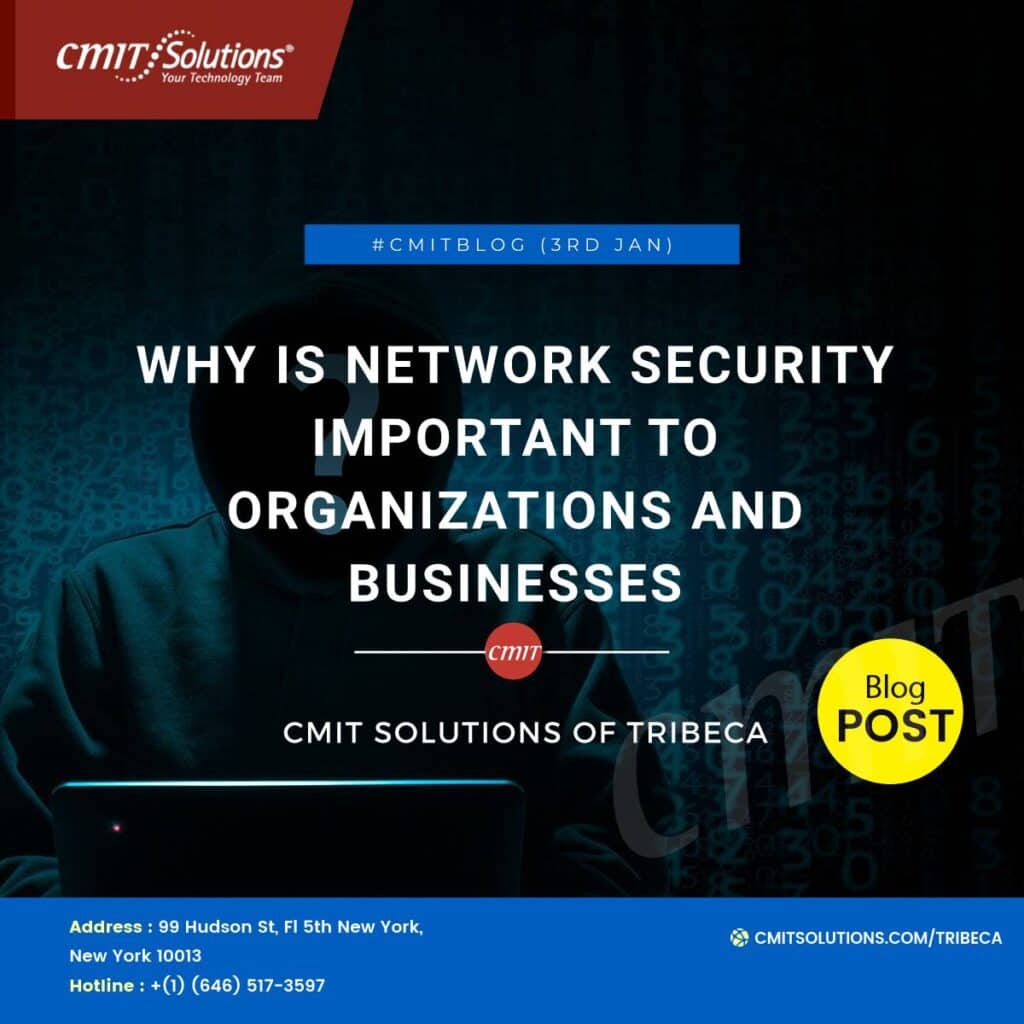Businesses are more linked than ever before on a global basis today. Most companies have internet access, which makes carrying out several chores and conducting business much more straightforward. Although it’s a good thing that it supports the growth of millions of companies, it also increases the danger of data breaches and theft.
Unfortunately, there are more cyberattacks than ever, and your company needs a powerful, highly effective firewall now more than ever. In this post, we’ll examine in further detail what a firewall is, what it performs, and the significant advantages it may provide for your company.
How do firewalls work?
A firewall is a building created in building homes and offices to stop the spread of fire and save lives. Because a computer firewall resembles this concept in many ways, the word was appropriated for the internet era. It is a virtual framework, made up of either hardware, software, or both, that can stop hackers, con artists, and other criminals from accessing your confidential information.
A firewall also stops hackers from accessing your system in the first place, unlike virus prevention software, which prevents them from installing a virus once they’ve already entered. (Consider it as a fortifying moat surrounding the castle that is your company.)
When operational, a firewall examines the many data packets entering and leaving your company’s network. It prevents entry if it discovers something illegal, criminal, or harmful.
What Benefits Come from Having a Firewall?
1. A Firewall Offers Effective Defense Against Hackers
It just takes a quick glance at some of the most recent headlines to realize that businesses worldwide are currently experiencing severe challenges due to an hacking epidemic. Even worse, crooks, con artists, and hackers break into networks daily. They are assaulting your network, breaking in, and wreaking havoc while you and your staff are at home asleep, some of which you might not even be aware of until it is too late.
However, a firewall’s strength makes it exceedingly difficult for hackers to bypass it. Often, a hacker or con artist who encounters a firewall will give up and go on. However, regardless of whether they comply, your network and data will be considerably more secure than if no firewalls exist. For this reason, most computer professionals view firewalls as a network’s first line of protection against intruders. Firewalls operate around the clock, preventing unauthorized entry, much like hackers and con artists do.
2. They shield your employees, data, and network against malicious code.
Networks of computers are all run by code. (Consider it to be their native tongue.) Excellent computer code enables networks, companies, and people to interact globally. However, there are some significant issues with the code. It can first introduce unnecessary “garbage” into your network, slowing down your servers and squandering resources. Second, hackers can use code to access your network and other code to cloak malware like “worms” and computer viruses. This harmful code has the potential to damage your network and provide hackers and criminals access to sensitive information belonging to your company.
However, suppose you have a firewall in place. In that case, robust software will guard your network around the clock by scrutinizing every piece of code that enters or leaves and any unauthorized or unlawful intrusion attempts. Anything unusual is stopped, safeguarding your network’s internal workings and sensitive data. A firewall may also recognize and prevent harmful apps, enhancing network security.
3. Firewalls Allow You To Control Internet Content Entering Your Workplace
Many businesses see a decline in production due to careless, easily distracted, or otherwise inefficient workers. Every minute an employee wastes not working while they are on the clock costs your company money.
Ironically, the internet is one of the main contributors to this issue. While the internet enables your business to operate (and may even be the only reason it does), it may also be exploited in a broad range of counterproductive ways. Employees lose their most valuable resource, people power, when they, for instance, browse the internet, communicate with pals on social media, or view stuff unrelated to business.
However, you may establish rules regarding which websites can and cannot be visited if you have found a firewall. Your firewall may be readily configured to, for instance, limit access to numerous social networking sites.
It’s easy to increase productivity by reducing the temptation to procrastinate on the task at hand.
4. Firewalls can let you set bandwidth use restrictions.
When workers spend time online unrelated to work, as noted in point #3, productivity might suffer. However, this non-business usage may result in another issue: the wasting of precious bandwidth.
Consider bandwidth as a roadway. You can travel farther and faster when fewer vehicles are on the road. On the other side, if there are plenty of people on the road, it creates traffic, slows down and even stops everyone in some situations.
The same is valid with bandwidth. Data speeds are high, and everyone can do their task while only a few individuals utilize it. However, if too many workers use the network, it becomes congested, and speeds drastically decrease. This is especially true if, like employee #3, they use online resources for entertainment-related materials like music, images, and movies.
You may set a bandwidth limit for internet usage not linked to work with the help of a firewall. While it doesn’t altogether disable it, you may impose restrictions on how much time can be spent watching movies, listening to music, or looking at images, among other things.
5. Firewalls Aid in Network Security When Employing Remote Workers
Today’s businesses increasingly rely on remote workers who can conduct their business away from the main office. The issue with this in terms of your network is that it may become much harder to safeguard it after an employee leaves your ISP (Internet Service Provider).
The connection between your server and your remote workers is secured when a firewall is in place. It restricts other users and prevents them from interfering with or accessing the shared data that your company and your remote workers are using.
6. A firewall safeguards your cloud-based data
Nowadays, many companies prefer to host all of their data on the cloud rather than on a server on-site. Although it’s unquestionably a wise financial decision, the fact that your data is on a server you don’t manage has certain drawbacks. That necessitates putting your confidence in the IT resources you employ for cloud storage, which is never without danger.
But the risk is much reduced if you have a solid firewall strategy. Similar to how a firewall protects connections between remote workers, every data piece is double-checked to ensure no dangerous code gets through.
7. A firewall monitors and defends your network around the clock.
Indeed, the typical business owner nowadays needs more time to keep an eye on their network. Yes, you could employ someone to do it for you, but it increases your overhead costs. But if you install a firewall, you’ll have 24/7/365 defense against an “employee” that never sleeps, never takes a break, and never calls in sick. A firewall is always in action, protecting your network and valuable data. Additionally, it can be trained to learn and do several other beneficial tasks. A firewall has the finest work ethic you’ve ever seen, despite lacking a heart and soul.
For Network Security Solutions, get in touch with CMIT now.
The more security you can give your network and essential data in today’s corporate environment, the better. A firewall is one of the finest protection tools, and your company’s IT security plan should include one. This comprises network access control, anti-spyware, application controls, antivirus software, and device controls. Fortinet or Sonicwall would be Ascendant’s overall recommendations for enterprise firewalls.








